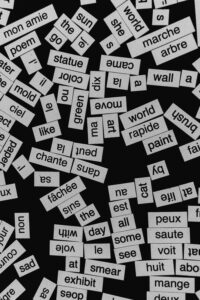Have you ever wondered how artificial intelligence could revolutionize the way we interact with music? Imagine a world where your favorite song can adapt to your mood in real-time or where an AI-powered assistant can create personalized playlists based on your preferences. This may sound like something out of a sci-fi movie, but the reality is that AI technology is already reshaping the music industry in exciting ways.
According to a recent study by the IFPI, the global recorded music market grew by 7.4% in 2020, reaching $23.1 billion in revenue. This growth can be partly attributed to the increasing role of AI in music creation, distribution, and consumption. Streaming platforms like Spotify and Apple Music are leveraging AI algorithms to recommend songs to users, analyze music trends, and even generate new tracks.
Key industry stakeholders, such as music producers and artists, are embracing AI tools to streamline their creative process and reach wider audiences. Grammy-winning producer Calvin Harris has expressed his enthusiasm for AI technology, stating that it has opened up new possibilities for experimentation and collaboration in music production.
As AI continues to permeate the music industry, it raises important questions about the future of creativity, copyright, and music discovery. While some fear that AI could replace human musicians, others see it as a powerful tool for innovation and artistic expression. Ultimately, the intersection of AI and music represents a fascinating frontier where technology and art converge to shape the soundtracks of tomorrow.



